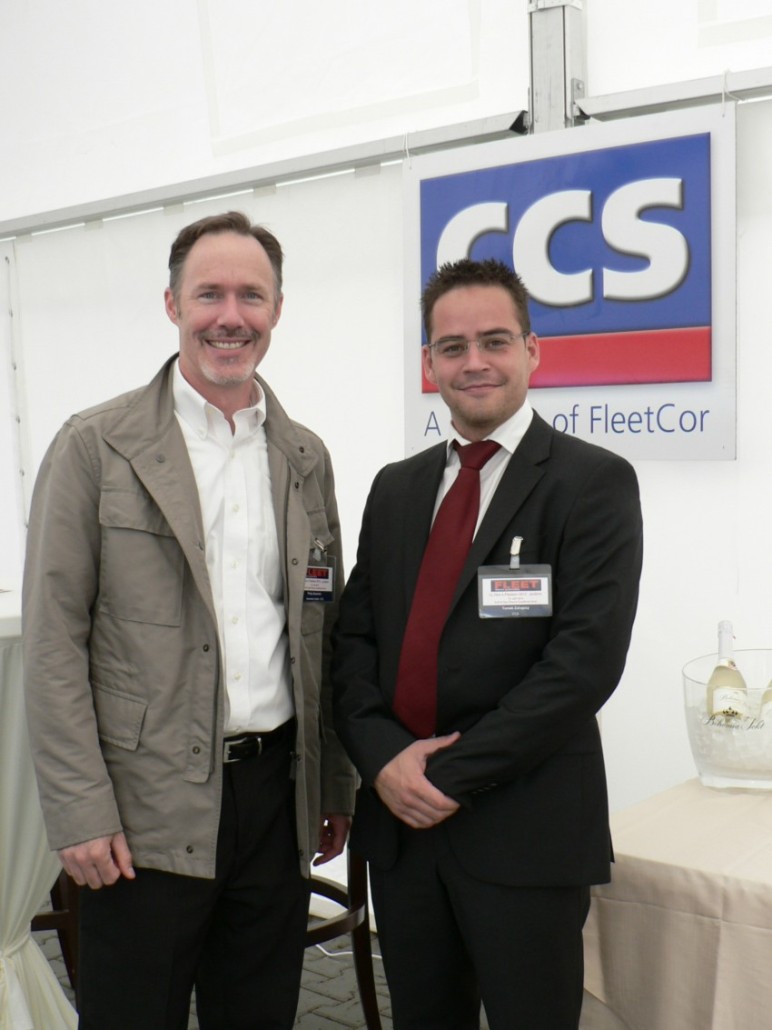StartupYard Mentor Philip Staehelin: “Rapid Change Creates Opportunity.”
Philip Staehelin is one of StartupYard’s most popular mentors, and a very long-time Prague based expat, with experience in a diverse range of businesses. We caught up with him recently to get his take on mentoring with StartupYard, in advance of our Accelerator Open House, taking place on Thursday, Dec. 4.
Philip, you’ve got an amazingly varied background and career. Swiss-American, born in New Zealand, educated in France and the US, and based now in Prague, you’ve been at A.T. Kearney, T-Mobile and UniCredit, and you’ve invested in startups and real estate. What inspires you to stay in The Czech Republic?
I’ve been based in Prague for the past 20 years. My wife likes to think I stayed because of her (she’s Czech), and while I don’t reject that view (openly), the more well-rounded answer is that the Czech Republic is a dynamic place with a very high standard of living. Obviously, things have changed tremendously since 1994 when I arrived, but that’s been part of the fun. Rapid change creates opportunity – and with a strong drive and lots of hard work (and throw in a dash or two of creativity) – I was able to capitalize on the opportunities that came my way. It’s been a fantastic 20 years.
Tell us a bit about your entrepreneurial ventures. What have been your biggest successes and failures in that arena?
A: I founded my first startup while I was studying at INSEAD in 1999. Four fellow MBAs joined my team, as well as the CEO of the investment bank where I used to work. I thought we had a killer team with the perfect concept. We raised some angel financing so we could launch the mixed offline/online, PC-based, ad-serving product… when the internet bubble burst. The business model became rather toxic from one day to the next, making further progress nearly impossible. I shut it down, returned 70% of the money to the investors, and eventually sold the IP a few year later – more for closure than for money. The bubble bursting certainly wasn’t the only reason we failed, but it’s a nice excuse. I learned a lot of valuable lessons in that first venture, even if it didn’t make it too far.
In terms of biggest successes – I would briefly mention two. #1: I bought a house in 2000. After fixing it up and living there for a few years, I ended up tearing it down and built 4 terrace apartments on the lot. The house won the Gran Prix of Architecture award for 2008, and the project ROI was fantastic. #2: A more traditional startup entrepreneurial success is Video Recruit (www.video-recruit.com). I founded the company with a partner nearly 4 years ago after coming up with an idea on how to revolutionize the recruiting space. The real coup was finding the right partner (now the CEO), and together we put together a solid core team, raised the early stage financing and developed a solid rollout and expansion strategy. The company has gradually built a global presence, and in November 2014, the company secured EUR 1.5m in new financing to help scale up globally. It’s a work-in-progress, but it’s an amazing company with huge upside potential. I believe it can become one of the true Czech startup success stories.
What do you get out of mentoring at StartupYard?
A: Mentoring at StartupYard is really fun for me. I love interacting with the teams, hearing the ideas, critiquing the strategies and business cases, and feeling the energy of people with creativity and passion. I also like to see how the teams engage with my ideas and challenges. And finally, in the cases where all the stars align, I invest in a team – the most recent being Gjirafa, the Albanian search engine.
What value do you feel your mentoring provided to the teams you’ve worked with?
I’ve worked in many different industries in many different roles, so I can bring a big picture perspective when necessary or dive deep and challenge the business model, business cases, or commercialization strategies. Some teams need guidance in defining a real sales channel strategy, whereas others need help with building a solid business case that will speak to investors. In some cases, I’ve pushed teams to completely rethink their value proposition – using what they’ve created but coming at it from an entirely new direction. I make what I hope are helpful suggestions, supported by logic, experience and intuition… and of course, teams are welcome to challenge me back or ignore the advice altogether. At the very least, I hope to prepare them for the hard questions potential investors will ask in the future. Overall – I must say I’ve had a warm reception from every team, every time.
What skills or tools do you feel the teams you’ve mentored have lacked most? What do they need to learn?
To generalize, most teams are very small and by definition they lack some skills or tools as they get started. But if we go beyond this obvious statement, I think that teams don’t necessarily lack skills or tools per se, but rather they simply lack business experience.
For instance, I’ve seen a lot of teams that lack a clear sales strategy or lack an understanding of how difficult and expensive the sales process will be – especially in B2B concepts that are too complex for online sales or telesales. The ideas can be great, the management team can be strong, the technology solid… but some concepts will require a door-to-door sales force, with long sales cycles, and sales teams that will need to be properly managed and incentivized. This is often a step that has not been properly developed, but it’s a key step when developing a business case.
I’ve also seen a lot of teams that have a very difficult time putting together an investor pitch. Getting them to boil down their concept and value proposition to a few, easily digestible but stimulating slides is extremely challenging. That’s often hard for seasoned professionals to be honest, so helping a team to think more from an investor’s perspective can be a good starting point. Startups simply need to learn to summarize their amazing ideas properly – not providing too many unimportant details and making sure the key value is clearly visible.
Have you stayed in contact with any of the teams from previous cohorts? If so, what prompted you to go the extra distance?
I usually follow up with a handful of the teams after my official mentoring engagement is over. I’m usually curious how they’re developing, I want to know if I can be of any more help, and I also may want to know if there’s the potential for an investment.
Accelerators are a really recent development. If you were yourself at 25 and had a project, would you apply for an accelerator? Do you wish now that a StartupYard had existed when you founded your first company?
I think the concept of accelerators is fantastic – and I absolutely wish they’d existed when I launched my first company. Of course, there will always be startups that don’t need an accelerator – especially those startups with more experienced teams. But for the majority of startups with young, highly motivated, inexperienced teams, the value that an accelerator can add at the early stage of a company’s existence (or pre-existence) can be critical. The accelerator can provide that extra impetus to a team that will give them the confidence and the tools necessary to have a real chance at creating a successful company.
What is the one piece of advice that you seem to give the most often to young entrepreneurs, and why?





